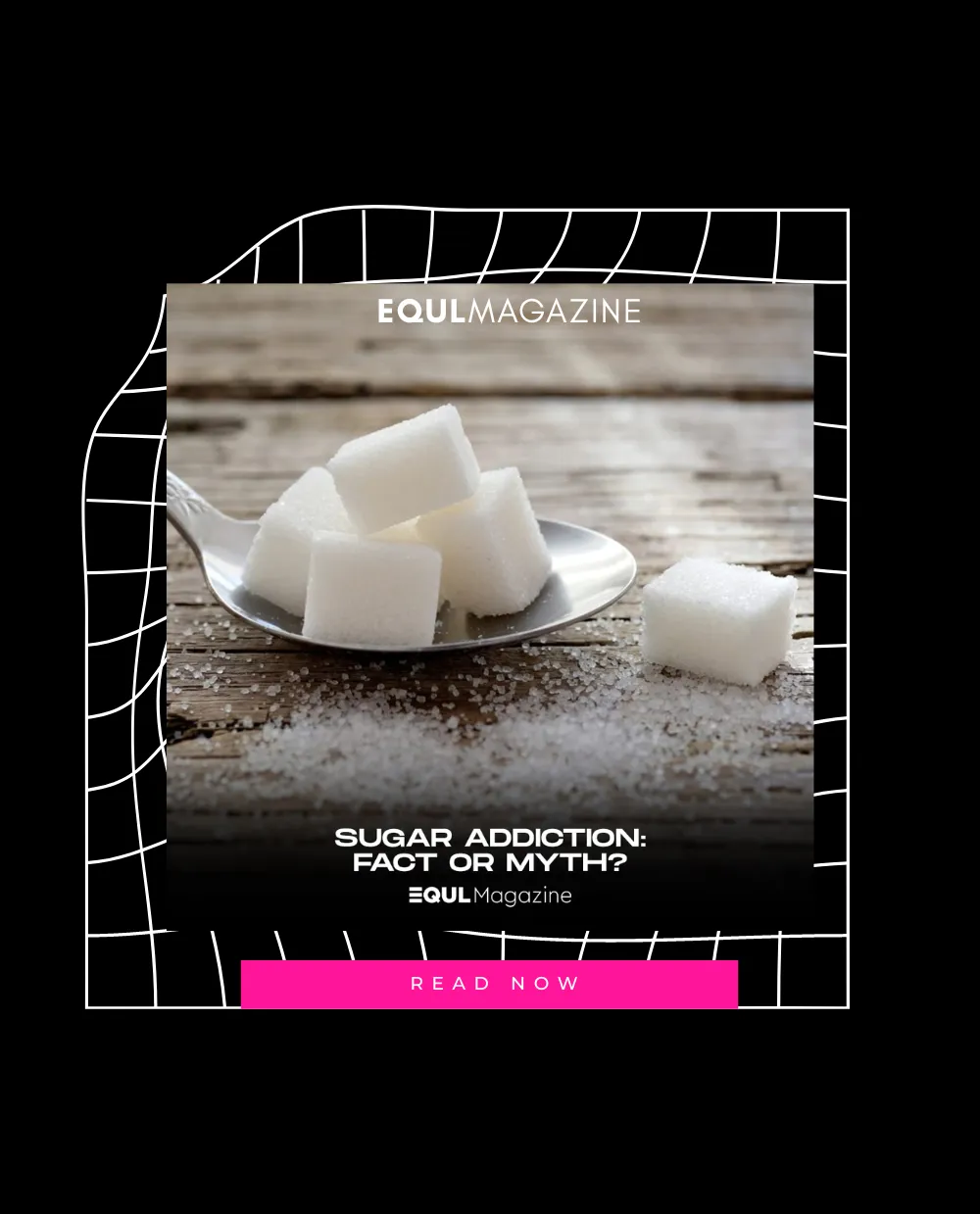Sugar addiction: fact or myth?

Sugar was a source of energy and that’s precisely why people started to extract it from the earth in such large amounts. The calories that were once vital to our survival for strength is now a public health menace. Sugar can be responsible for obesity, diabetes, heart disease and cancer. Sugary drink consumption was the key driver to the obesity epidemic in the United States.
Scientists have been on a quest to find a healthier alternate option for years. Even though there have been many success stories where it comes to this, what we cannot replace is the addictive nature of sugar. We forget that sugar isn’t just about the sweetness. It’s energy, it’s happiness and it’s mouthfeel. It sings to our dopamine receptors, and it’s hard for most people to keep their hands off it.
Think about it. Even after a huge meal, our tummy always has a place for dessert. In this case, it isn’t a stomach craving but a brain craving.
It’s really hard to stop after eating just one bite of chocolate. When we consume sugar our blood sugar level spikes drastically leading to a crash which follows right after. This leaves us hungrier than before.
Back in the 60s and 70s we didn’t have a lot of information on the health hazards of sugar, there was just one obvious truth — it made us put on weight. Which introduced products like diet coke into the market. It didn’t do what sugar did, people didn’t like the way it tasted and it definitely didn’t satisfy us the way sugar did.
https://www.netflix.com/watch/81273755?trackId=14170286 (Netfllix Explained : Sugar)
(x) Sugar plays a big role in most of our foods. We use it as a source of reward or to cheer us up on low days. We use it in our coffee and sprinkle it over our breakfast. Ah! Sugar, what an absolute delight you are.
There is an increasing body of research that tells us that sugar can be as addictive as street drugs as it has the same effect on the brain.
“Addiction is a strong word, and what it means is that a substance has changed the chemistry of the brain to keep wanting it repeatedly, despite its harmful effects. Using the word addictive casually isn’t the same as actual addiction,” said Dr. Alan Greene, a children’s health and wellness expert and the author of books like Raising Baby Green and Feeding Baby Green. He also said that evidence is mounting that too much added sugar can lead to true addiction.
Eating sugar releases opioids and dopamine in our bodies. This is the link between added sugar and addictive behavior. “On the outside sugar seems pretty harmless but on the inside it’s killing us,” Cassie Bjork, RD, LD.
When it comes to addictive behaviour, dopamine as a neurotransmitter plays a key part in the reward circuit. When a certain behaviour causes an excess release of dopamine, one feels a pleasurable “high”, something most people will want to experience again, creating a pattern of repeated behaviour.
As this behaviour continues, our brain adjusts to release less dopamine and stops doing it’s job. The only way to feel the same “high” is to repeat the behaviour, increase the amount and the frequency. This is known as substance misuse.
Bjork adds, “Every time we eat sweets, we are reinforcing those neuropathways, causing the brain to become increasingly hardwired to crave sugar, building up a tolerance like any other drug.”
Research from the Connecticut College has shown that Oreo cookies activate more neurons in the pleasure center of the rats brains than cocaine does, and just like humans they eat the filling first.
A 2008 Princeton study found that rats may become dependent on sudar, and that this dependency could be related to several aspects of addiction: cravings, bingeing, and withdrawal.
https://www.healthline.com/health/food-nutrition/experts-is-sugar-addictive-drug#What-is-added-sugar?
Writer : Tarsha Kohli
